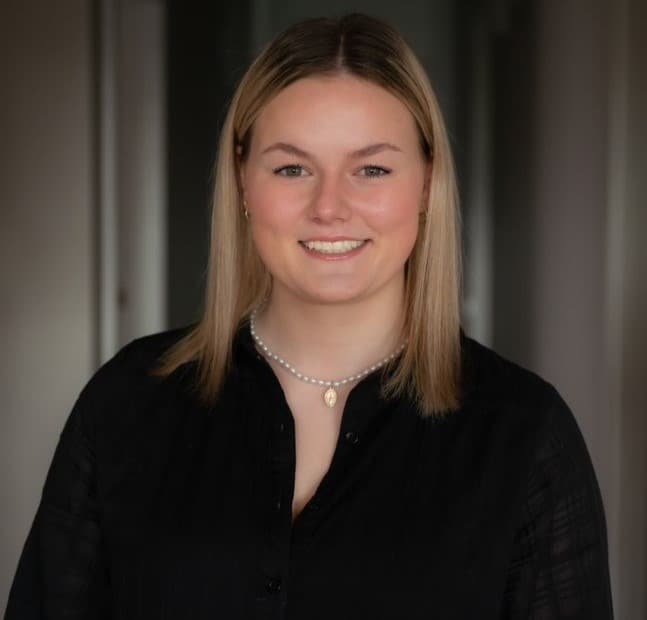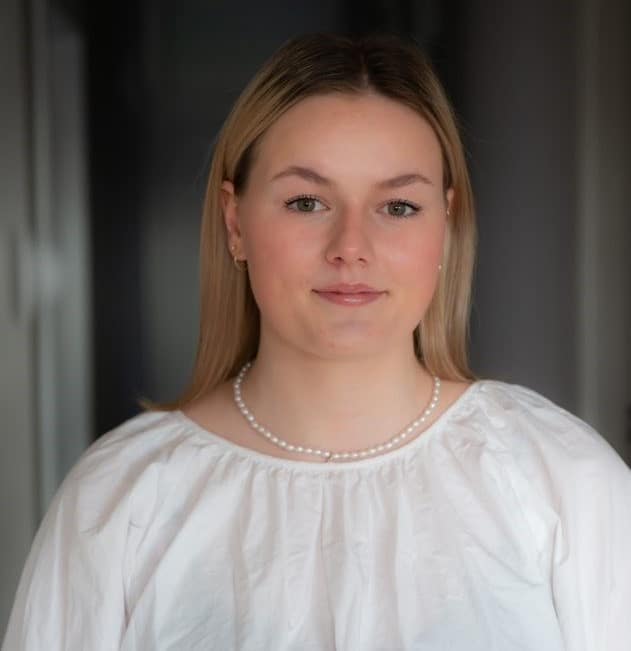News

From city to farm – the less travelled route
Rose Young is in her early 20s and is currently studying a Bachelor of agribusiness, majoring in international agribusiness in Palmerston North, while working part-time at Dairy Women’s Network.
Rose got involved with DWN when she was 16, as one of the students at Auckland Mt Albert Grammar who managed the school farm.
“DWN were doing a video for ‘Our People Our Stories’ and I was asked to talk about my experiences on the farm as a young girl from the middle of Auckland. I knew by then that I loved farming, and it helped me decide to go to Massey to do Agribusiness.
She has a unique insight of what it’s like as a young person who seeks a less familiar path.
“As a young girl from central Auckland, no one, apart from my family, expected me to want to be involved in agriculture. I get questions about why I’m doing what I’m doing and people in the city don’t often understand.”
“I also sometimes get unexpected feedback from people in rural areas. Most are really supportive, but some thought that because I wasn’t brought up on a farm, I wouldn’t understand what it’s like. I want people to know that it doesn’t matter where you’re from, if you’re passionate about something, just go for it”, says Rose.
As part of her degree, she had to do placements. For her first placement she managed a dairy farm, and for her second, she reached out to DWN to see if they had an internship they could offer.
“I landed on my feet as they needed someone to help with the Farming for the Future Programme (FFLP), supporting the Business Groups and the team. And it’s just continued from there,” says Rose.
Project Lead Karen Bain says the DWN wants its farming members to be able to grow, adapt and change out of positivity, not because they are being driven by fear.
“Through FFLP, our members can confidently build the skills, knowledge, experience and the networks to allow them to better manage current and future challenges so they can be successful no matter how the dairy sector changes.

Rose loves the environment created by DWN. “It’s so safe and comforting, you can speak freely, and everyone is supportive. It is really a dream job”
“The Business Group model is inspiring. They create a network of support with strong bonds between the woman in the Groups. I love that they have this sense of responsibility to look after their Groups, create events and talk about things they may never have done before. It’s a really rewarding system for the members as well as for those of us that are supporting them”.
As part of her work for the Business Groups, Rose has been involved in the roll out of the Clifton Strengths Assessment, to help the woman in the Groups understand the areas they excel at. Rose took part and now reflects that she understands her strengths, and what she does well, much better.
“I have a lot more confidence; in myself and my abilities, but also to network and put myself out there. I’m less anxious and more willing to seek opportunities.
“I believe knowing your strengths and being confident them will make leaders so much more effective. You can be confident in your strengths and when people see confidence in a leader they know they are in the right place”.
The Clifton Strengths tool has been embedded in the Programme and participants have access to individual coaching on their strengths. This will enable them to have a greater understanding of how their five top strengths can be utilised their roles and communication with their teams, family and community.















